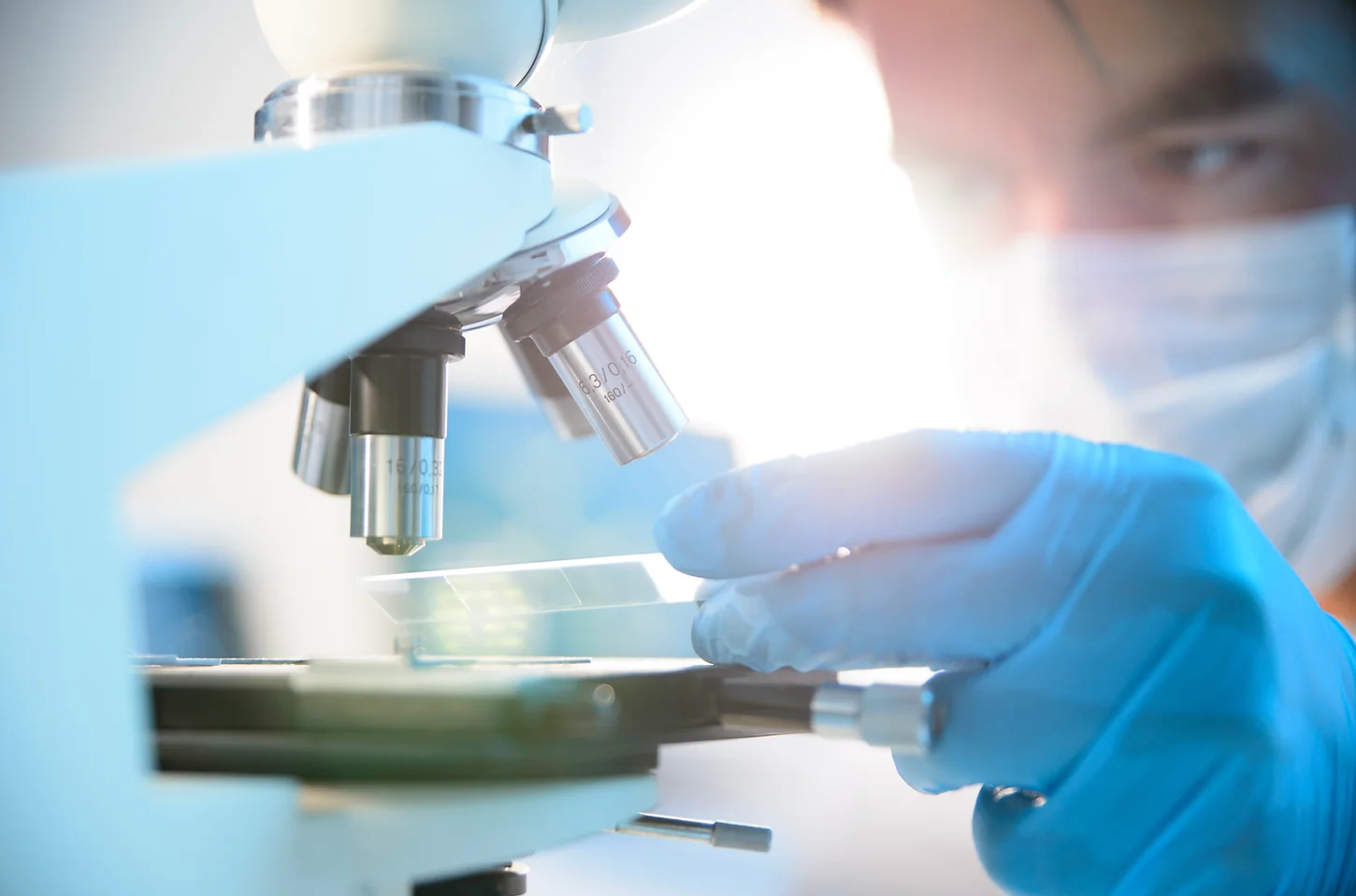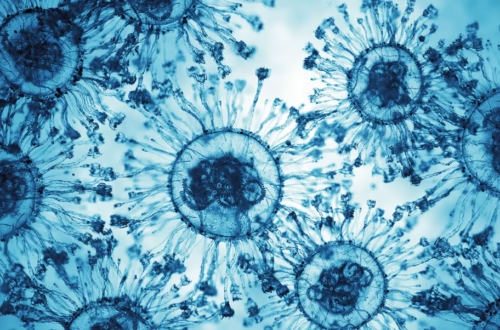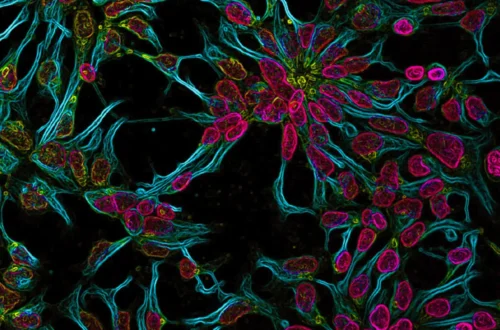Mood disorders like major depressive disorder and bipolar disorder are more than emotional struggles—they rank among the most disabling health conditions worldwide. Dr. Fernando Goes, director of the Precision Medicine Center of Excellence in Mood Disorders at Johns Hopkins, emphasizes that while treatments like antidepressants and psychotherapy have proven effective for many, they don’t work for everyone.
The Puzzle of Treatment-Resistant Mood Disorders
For about one-third of individuals with mood disorders, traditional first-line treatments fall short, leaving them searching for alternatives. These patients may require innovative therapies such as next-generation medications or advanced interventions like brain stimulation. Dr. Goes, along with co-director Dr. Peter Zandi and a dedicated team at Johns Hopkins, is determined to crack the code behind treatment-resistant cases, aiming to deliver more effective, personalized care.
Precision Medicine: Tailored Treatments for Better Outcomes
Precision medicine is revolutionizing mental health care by moving beyond a one-size-fits-all approach. At Johns Hopkins, researchers are exploring genetic markers, lab results, and digital phenotyping—data collected from devices like smartwatches—to understand individual differences in mood disorders. These insights allow clinicians to match patients with the most effective treatments, reducing the reliance on trial-and-error methods.
Patients begin their journey with a quick questionnaire designed to assess their condition. Some participants are invited to contribute additional data through mood-tracking apps, wearable devices that monitor activity, and sleep pattern analysis. All this information is compiled into their medical records, offering a comprehensive picture that helps guide their care.
Innovative Treatments on the Horizon
The center leverages cutting-edge therapies to address complex mood disorders, including:
- Rapid-acting antidepressants that can bring relief within hours or days.
- Transcranial Magnetic Stimulation (TMS), a noninvasive procedure that uses magnetic fields to stimulate specific areas of the brain.
- Targeted use of existing treatments, ensuring they are administered to patients most likely to benefit based on their unique profiles.
Dr. Goes explains that these efforts aim to uncover the underlying causes of mood disorders, which could lead to groundbreaking, targeted medications.
The Power of Collaboration
The center also envisions creating a biobank—a repository of human tissue and blood samples—to accelerate research. This resource would be accessible to Johns Hopkins researchers, fostering interdisciplinary collaboration and driving new discoveries.
Why This Matters
Mood disorders affect millions, and their impact goes beyond the individual, often disrupting families, workplaces, and communities. Advances in precision medicine offer hope for more effective, personalized treatments, transforming the way we approach mental health care.
Did You Know?
- Wearables like smartwatches and fitness trackers are playing a growing role in mental health research, helping to identify subtle changes in activity and sleep patterns that may indicate shifts in mood.
- Recent studies suggest that TMS not only alleviates depression but may also improve cognitive functions like memory and attention.
As the Precision Medicine Center of Excellence continues its work, the promise of individualized care brings new hope to those navigating the challenges of mood disorders. This transformative approach is a beacon for a future where mental health treatments are not only effective but also deeply personalized.
Subscribe to our newsletter!



